We began session 3 with some simple starting and stopping.
It seems like such an obvious thing, we can’t live our lives with out starting and stopping hundreds of times a day, we do it so often it becomes automatic, something we are often unaware of. JoAnne Akalaitis says theater is all about stopping and starting, it’s a vital skill, so today we just spent some time walking, stopping, and starting, fully acknowledging and exploring the motion and energy expended to do both. As we have continued through our exercises the idea of stopping and starting has been key to the success of many things, and just spending a little time reminding ourselves of the fullness of the actions of stopping and starting has really carried through the work and given us a boost towards getting much further much faster in our physical explorations.
We also played Augusto Boal’s nose three inches from the palm domination game. Certainly an interesting exercise in pairs, with a lot to learn about how far you can push someone under your control before they are no longer under your control. But the image created is really striking when the game is played by the group together as a whole network of dominators and dominatees. Domination mountain we call it, and it looks great, but is hard to play. It took them a couple tries to really be successful at it, but once again they hit that group focus zone. Nice to see it is reliable. No mere fluke of group mega focus here!
In the readings we began with Peter Handke’s “Self-Accusation,” one of his sprechstüke or speak-ins. Handke really distills the theatrical act down to its simplest, the relationship between speaker and listener. In all of the spreschstüke the words that make up the play are given as direct address to the audience. Handke often uses his plays to explore certain types of sentence structure. In Self-Accusation the realization of sentience, learning, education, and socialization of (apprarently) the author is presented using simple statements of truth or in some striking passages questions:
“I became. I became responsible. I became guilty. I became pardonable. I had to atone for my history. I had to atone for my past. I had to atone for my time. I came into the world only with time.
Which demands of time did I violate? Which demands of practical reason did I violate? Which secret paragraphs did I violate? Which programs did I violate? Which Eternal laws of the universe did I violate?”
-Peter Handke Self-Accusation (tr. M Roloff)
In these pieces Handke knew the audience would hear only some of what is said as their consciousness wavered in and out, probably only what was really important for them. He described these as landscapes of words. Later on in the session we played around with creating some word landscapes of our own, although we were improvising, so didn’t manage Handke’s structural precision.
We then read some short plays by Harold Pinter from what has been called his memory play period. In these plays rather than explicitly explore the dynamics of power, as Pinter is so famous for, he explores the effects of our own uncertainties about our own memories, motivations, and actions in our relationships with others. While these plays may not display the mounting violence and power shifts of some of Pinter’s other works, there is no dulling of Pinter’s razor sharp precision of language, which he uses to reveal the things he believes we often try to hide when communicating. In “Silence” we see three characters speaking side by side relating impressions and memories that seem tied together, but which they never manage to communicate to one another and in which we can never be certain of how they are interrelated. In “Landscape” a husband has a conversation with his wife where he speaks plainly to her of recent events and memories of times past. The wife, however, stays insulated from the husband’s words in her own memories and imaginings, completely frustrating his attempts to communicate. And in “Night” we finally see two characters who are managing to communicate directly with one another, but even then, their memories do not coincide and they must negotiate to arrive at a version of their story. These three plays make a nice progression, exploring the different possibilities for power dynamics between people depending on the level of connection between them as they try to deal with the mysteries of their irreducible experiences.
“Beth: I remembered always, in drawing, the basic principles of shadow and light. Objects intercepting the light cast shadows. Shadow is depravation of light. The shape of the shadow is determined by that of the object. But not always. Not always directly. Sometimes it is only indirectly affected by it. Sometimes the cause of the shadow cannot be found.
Pause
But I always bore in mind the basic principles of drawing.
Pause
So that I never lost track. Or heart.
Pause”
-Harold Pinter, “Landscape”
After the break we did a little word jazz. We pulled sentences from all the readings we had done so far. We did the improvisations in groups of four, so we had 6 gloriously different groups whose improvisations felt very different. Luckily, there was time for all of us to get to practice playing and then for us all to watch each other play. I love this exercise because inevitably some people who have been very quiet so far will really get into it and make some wonderful bold choices that turn out really well. And when they watch each other and see what it looks like when someone loses focus because they are reacting to the audience reaction (usually laughing when we laugh) it’s proof that the other directors and I aren’t just full of it when we tell them how important focus and commitment are to their performance. Nice to see examples of things in action, rather than just have to take our word on it! Once you’ve actually seen what “that guy” looks like, you really don’t wanna be that guy. Luckily we are well on our way to the kind of discipline that kicks that guy to the curb before he has a chance to show up.
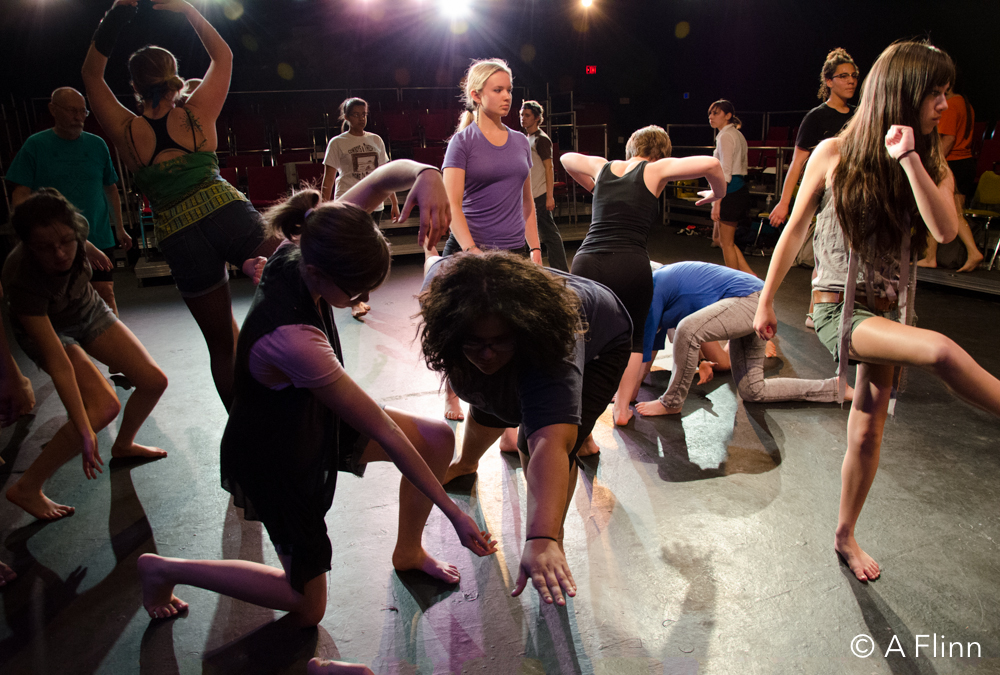
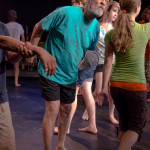
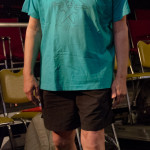
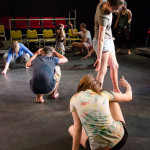
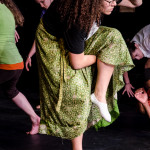
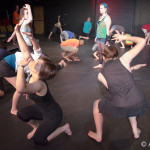
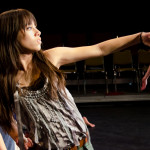
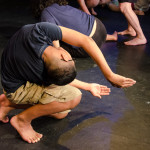
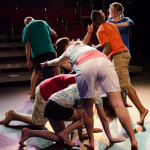
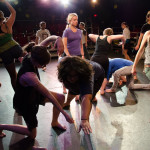

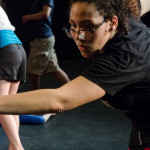
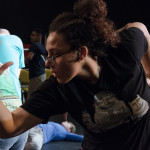
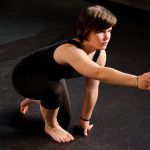
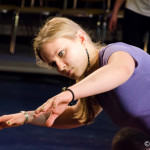
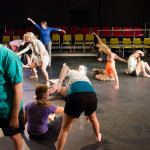

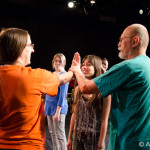
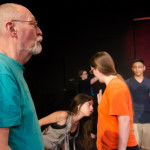
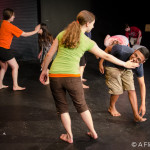
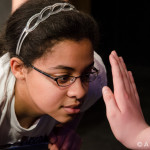
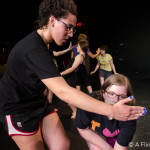
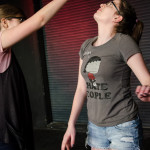
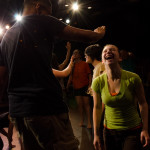
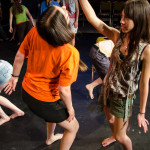
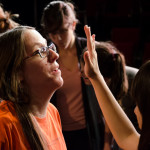
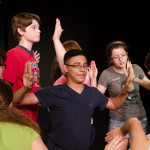

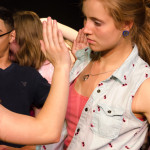
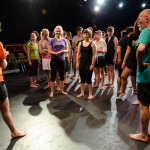
Leave a Reply
You must be logged in to post a comment.